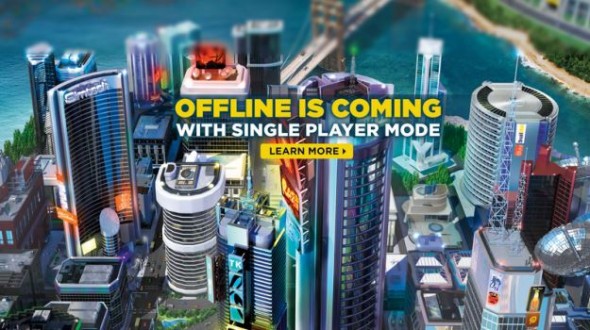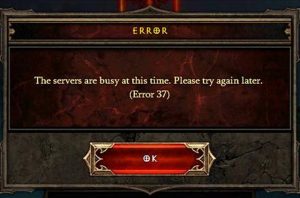Why Offline Gameplay Matters
Why Offline Gameplay Matters
If you ask any of the gurus of the gaming industry, they will likely identify a few trends for videogames in the coming years: virtual/hyper reality, lower barriers to entry for developers (e.g. more indie and self publishing) and of course the power of the cloud/online gaming. This makes for some truly awesome gameplay in the years to come. However, there are a lot of huge obstacles between present day and the uber-immersive gaming future of tomorrow. The obstacles are especially daunting when it comes to online/cloud gaming.
The scenarios described at industry events ranging from E3 to GDC sound like a gamer’s dream, being able to play your game across multiple devices. Ideally, in stunning super high res/4k/3D/VR with only a standard internet connection. Rovio (makers of Angry Birds) already supports this through the Rovio Account. The gaming pundits claim that the days of expensive consoles and gaming rigs are gone, and that now you only need a basic computing device such as micro console, tablet, or phone. Anybody who follows the gaming industry knows that The Cloud is a big deal; In the future, processing will be done seamlessly and invisibly by The Cloud. (Editors note: I feel like I should be saying “THE CLOUD” like we would all say “THE GREATER GOOD” a la Hot Fuzz.) The technology allows you to play with millions of other gamers across various platforms and continents, creating a truly unreal experience. Sign me up!
Today’s reality however is quite different. Internet service outages, server overloads (see: Titanfall launch), and an uneven playing field for delivery of internet content conspire against this gamer’s utopia. Take Simcity, one of EA’s biggest launches in recent years, which was met with resounding criticism due to the always-online requirement. Gamers were convinced it was all about DRM, but Simcity developers insisted that the online requirement was intended to create a rich experience. Regardless of which is true, the resulting experience for many players was sub-optimal. And so a year after the game’s humbling launch, EA finally released “offline mode“.
Despite the visionaries of the gaming industry promising that the future is here, it really isn’t. The next gen of gaming consoles (and more powerful PC hardware) are available today, but without uniform access/standards, its nearly impossible to provide a smooth player experience.
Not only do you risk problems at the source (gaming publishers scheduled maintenance or unplanned outages), you also face the same obstacles as any other high-bandwidth internet experience: ISPs. As Netflix has found, delivering content to end users is not as easy as it should be. The same holds true for online gaming, which is at least as bandwidth intensive as video streaming, if not more so. Keep in mind that high-speed internet access is still not universally available, even in the US.
As Microsoft found, even the most tech savvy, dedicated gamer may not always have network access. For example, military personnel who are deployed can’t always get a reliable connection (or any connection at all).
My concern is that if we face these technological limitations today, they may get even worse if trends such as 4k/super high resolution and VR hold true. These services may end up requiring more bandwidth than current gaming technology, which means potentially worse experiences for many gamers. And as far as indie gaming goes, if having a successful online game means large expensive agreements with ISP’s (a la Netflix), many indies may not be able to compete.
So to EA I say, job well done. Yes, it took you a year, but offline/single player gameplay is the right thing to do for your players. And to the other titans of industry preaching the mantra of always online/cloud-based gaming, I would pay heed to the misfortune of some of your peers. The technology ecosystem just isn’t ready yet. Let us play our games offline, please.






